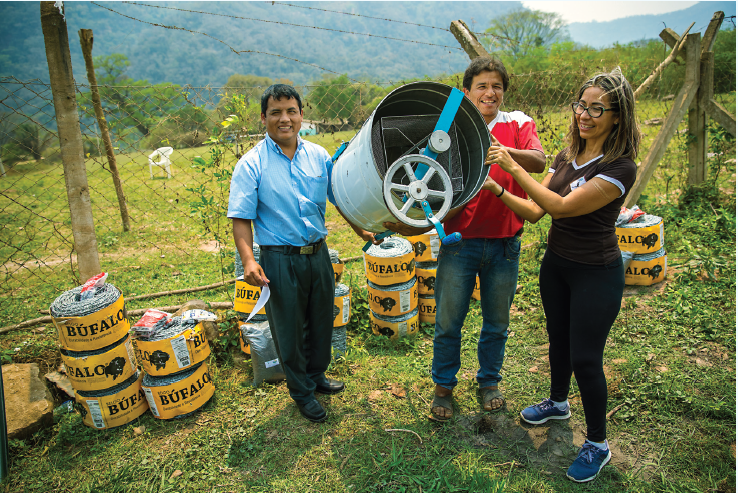
Bolivia’s watershed agreements: a case study of locally-led adaptation for climate resilience
As nations globally strive to find sustainable solutions to climate adversity, ecosystem-based adaptation (EbA) and locally-led adaptation (LLA) emerged as a promising approaches, blending traditional knowledge with innovative strategies to enhance ecological and human well-being. This article explores the implementation of these approaches in Bolivia, where watershed agreements are made to address the impacts of climate change. This case study is based on the experience of one of IUCN NL’s Bolivian GLA partners: Fundación Natura Bolivia.
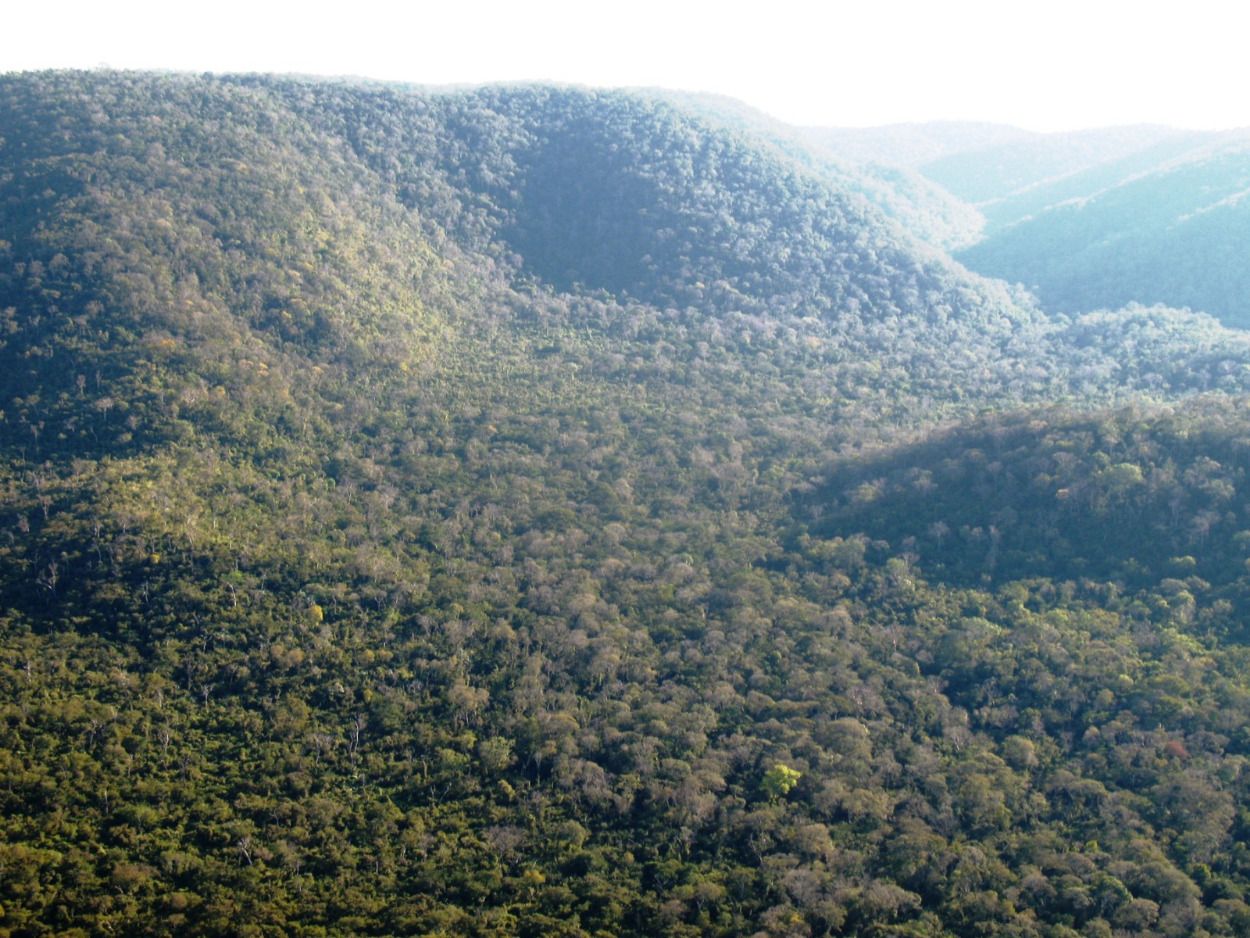
Beyond the Amazon: Chiquitania, a forest gem navigating a water crisis
The Chiquitania forest, located in the eastern lowlands of Santa Cruz, Bolivia, and extending into Mato Grosso, Brazil, represents one of the most unique and critically important ecosystems in the world. Chiquitania is a tropical dry forest, a biome that does not have the same global recognition as the Amazon Rainforest, yet it plays an essential role in biodiversity conservation and climate regulation.

Gender-just energy policies in Uganda – a fruitful collaboration between AFIEGO and ARUWE
The fair and equitable production and distribution of energy resources, plus access to green and renewable energy, is not only critical for a healthy planet but also an important matter of just societies and futures. Together with our partners, we recognize issues around energy as ecofeminist matters that need a strong feminist human rights-based approach.

#Herstory of Change – Nadila
As an ecofeminist network, we want to provide space for the stories of inspiring champions in the fields of gender equality and the fight against climate change and environmental pollution. We believe that a sustainable future and environment need feminist solutions reflecting the lives of people on the ground. That is why we work on transformative gender equality and women’s human rights in interconnection with sustainable development and climate justice.
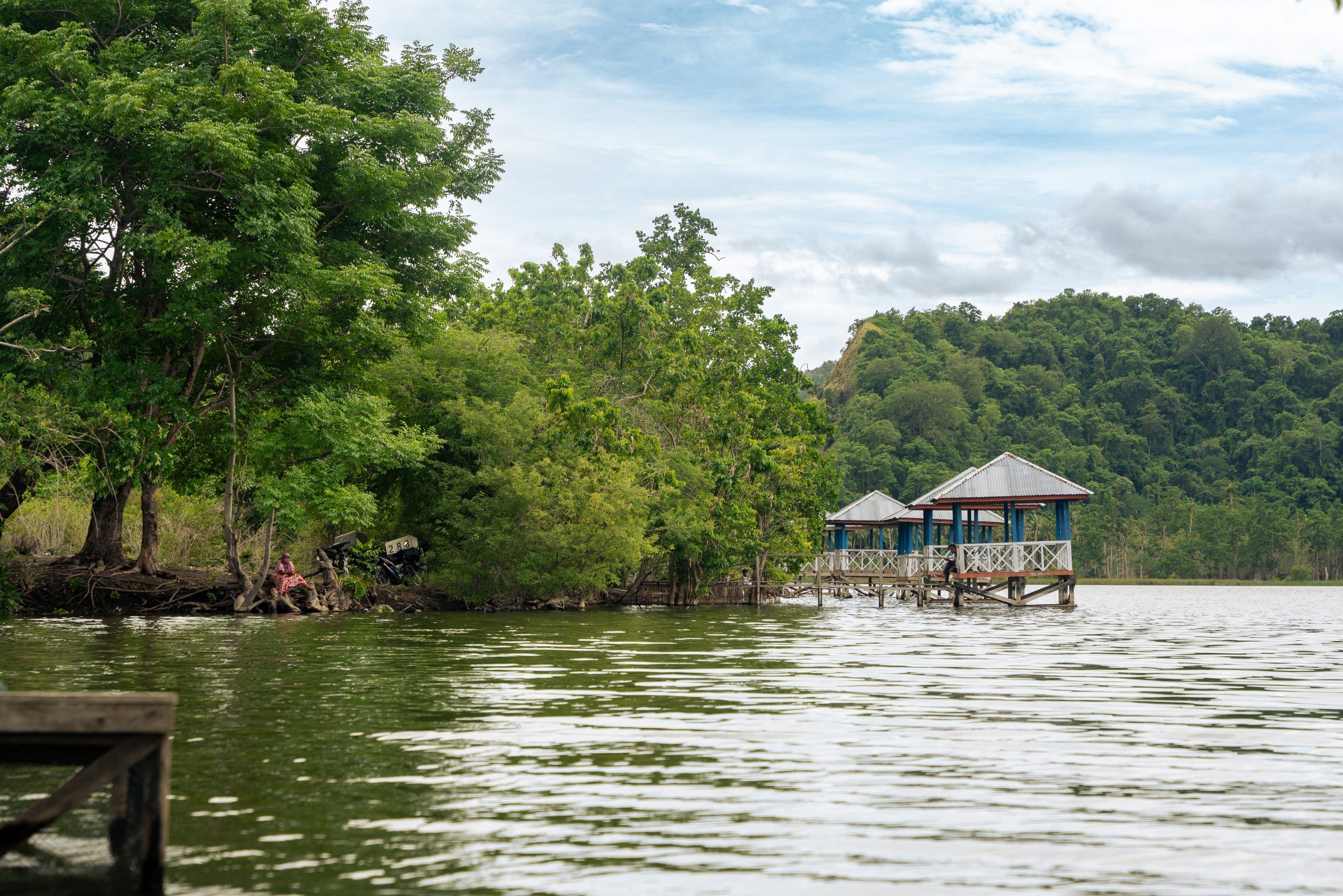
European Parliament approves Due Diligence Directive: ‘important step, but could be more ambitious’
Last week, after months of negotiations, the Corporate Sustainability Due Diligence Directive (CSDDD) was approved by the European Parliament. This approval came two years after the European Commission proposed the directive. This directive is an important step towards reducing companies’ negative impacts on employees, citizens and the environment.

Large-scale forest destruction in Cameroon
Industrial logging and palm oil companies destroy important forests in Cameroon. This is intertwined with human rights violations. In an urgent call for action, we share those concerns with several ministries of Foreign Affairs, the Central African Forest Initiative and the European Commission.

Jardine Matheson, stop investing in conflict palm oil
The Indonesian palm oil company Astra Agro Lestari is causing land grabs, violence against farmers, and deforestation. In a letter, we call on AAL's owner Jardine Matheson to stop investing in conflict palm oil.
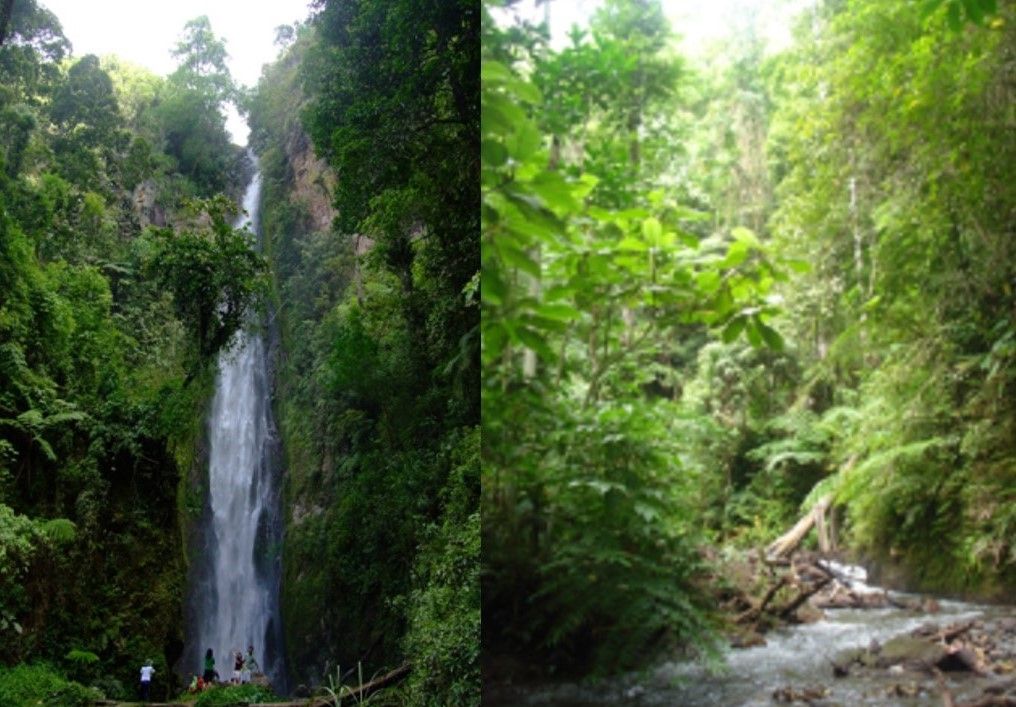
Major victory for the protection of the Marbel Buluan Watershed
The Marbel Buluan Watershed forms the catchment of several major river systems that straddle over three provinces on the island of Mindanao in the southern Philippines. A controversial mine, the Tampakan copper-gold project, is planned at the centre of the watershed. Over the past decades, numerous local stakeholders have raised concerns on the impacts of the mining project to the environment, health, food security and livelihoods of the directly affected indigenous and local communities and in low-lying areas. In March of this year, after years of preparation, the three provincial governments finally signed a joint ordinance (local law) creating the Mt. Buluan Protected Watershed, in effect putting more than 8,000 hectares of mountain into formal protected area status and a ‘no-go zone’ for destructive projects.
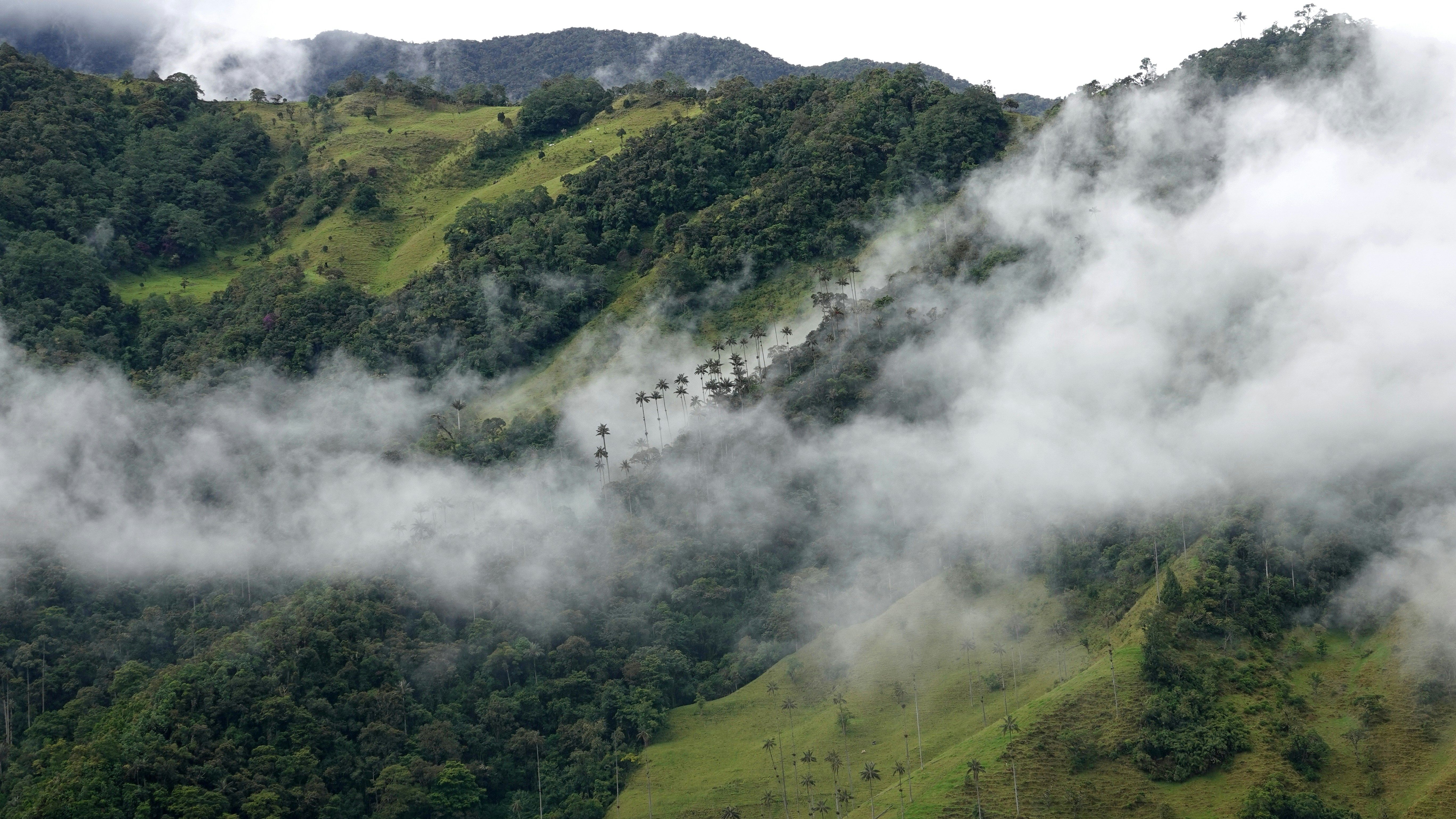
Global Forest Watch: deforestation reduced in some countries, increased in others
While in some countries deforestation rates are declining, overall global forest loss remains high, a new report by Global Forest Watch finds. As a result of changes in administration, forest loss have significantly decreased in Brazil and Colombia over the past year. However, frontiers of deforestation are shifting, and countries such as Bolivia and Laos experienced dramatic increases in forest loss. Overall, 3.7 million hectares of tropical primary forest was lost in 2023.
